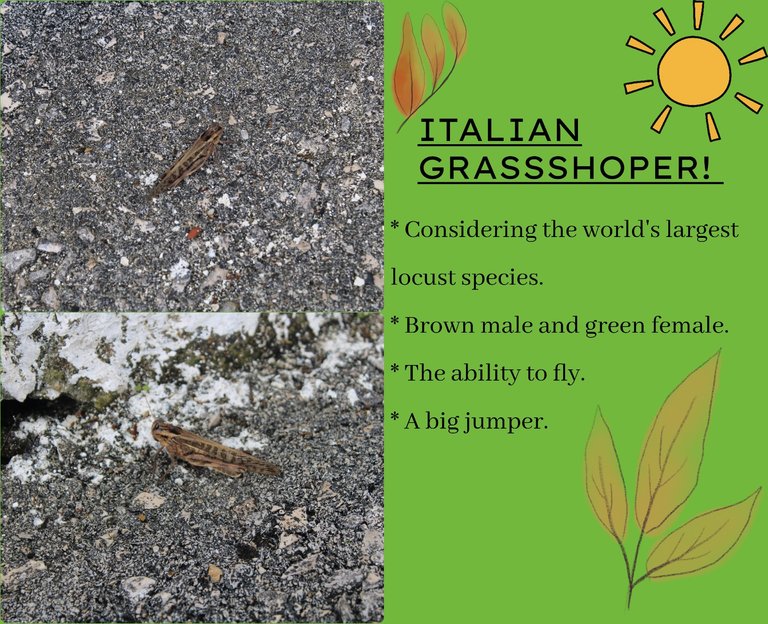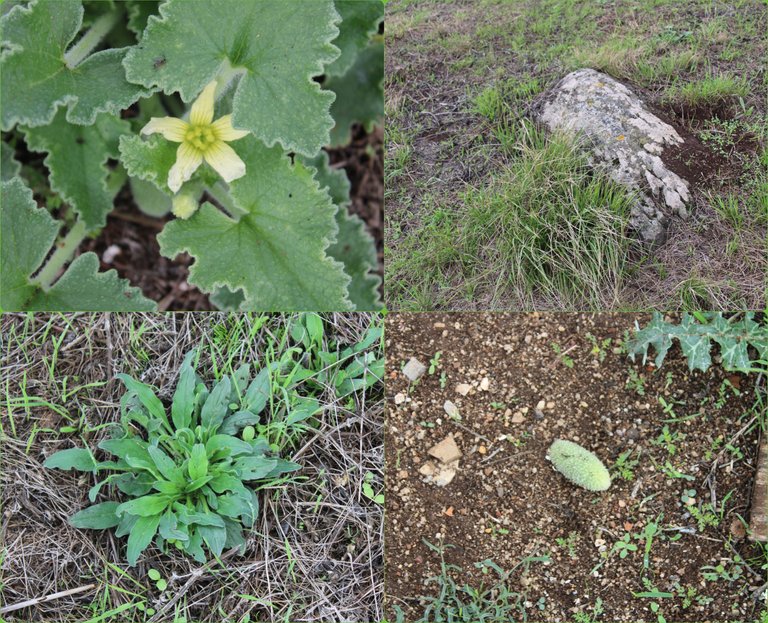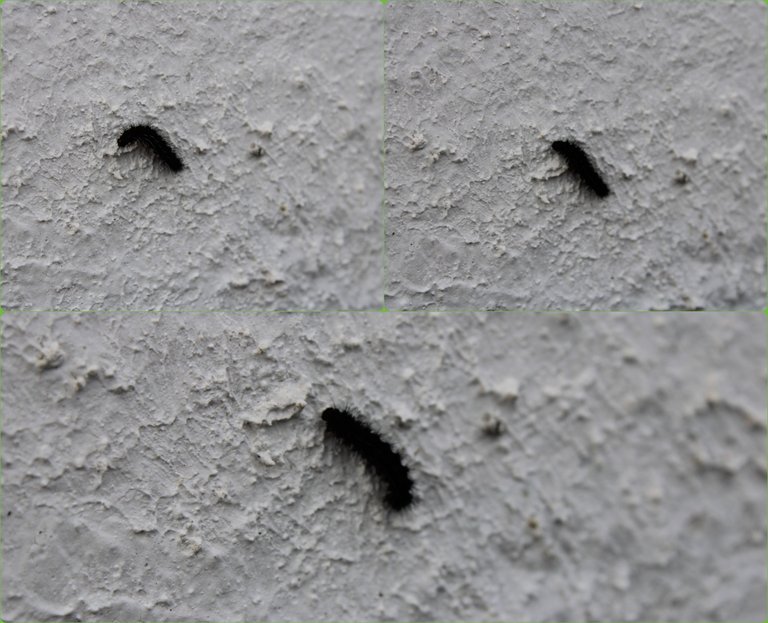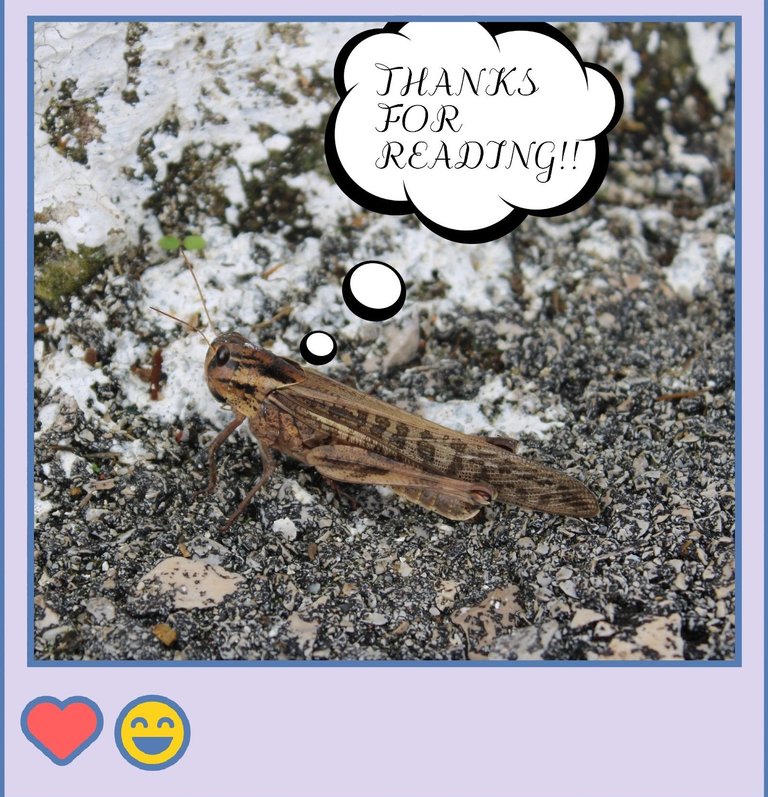A CURIOUS INSECT - AN ITALIAN GRASSSHOPER 🌿(ENG-ESP)
This insect I found it in the mountains of Mafra, flying around, I know that normally grasshoppers are directly associated with small hoppers; however, there are many species of this animal, even in Europe there are 700 species known so far on the continent and some are endangered so there are some small recovery programs for some species for example: in this link we can read more in this Link of some grasshoppers and crickets that are endangered.
This species that we find that is the Italian, we can find it in the fields, since its food source are the leaves of various plants such as sites, rice, soybeans, grass, alfalfa, eucalyptus, among others. But thanks to this food, this animal is the nightmare in other countries, for example in the UN official website, we can read that this animal is a plague in East Africa reaching a point of an unhealthy situation in food, so that governments had to carry out a decontamination in certain areas of high concentration of these animals: LINK
How do we know which is the male and which is the female? Well, this one I found is a male, we can distinguish it thanks to its brown color and large size. The females are usually smaller and with an intense green color, similar to a mantis.
What is their function in nature? From the knowledge I have through documentaries and school, this animal not only controls the excessive growth of certain plants, they are also a source of food for different birds, which eat insects and one of them is the grasshopper.
Did you know that this insect can reach up to 40m with its jump?
ESP
Este insecto lo encontré en las montañas de Mafra, volando por sus alrededores, lo sé normalmente los saltamontes los asociados directamente con pequeños saltarines; sin embargo, hay muchas especies de este animal, incluso en Europa se tiene conocimiento hasta ahora de 700 especies en el continente y algunos se encuentran en peligro de extinción por lo cual existen algunos pequeños programas de recuperación de algunas especies por ejemplo: en este enlace podemos leer más en este Link de algunos saltamontes y grillos que se encuentran en peligro.
Esta especie que nos encontramos que es el italiano, lo podemos encontrar en los campos, ya que su fuente de alimentos son las hojas de varias plantas como sitios, arroz, soja, pasto, alfalfa, eucalipto, entre otras. Pero gracias a esa alimentación, este animal es la pesadilla en otros países por ejemplo en la página oficial de ONU, podemos leer que este animal es una plaga en el este de África llegando a un punto de una situación insalubre en los alimentos, por lo cual los gobiernos tuvieron que realizar una descontaminación en ciertas áreas de alto concentración de estos animales: LINK
¿Cómo sabemos cuál es el macho y la hembra? Bueno, este que me encontré es un macho, lo podemos distinguir gracias a su color marrón y grande tamaño. Las hembras suelen ser más pequeñas y con un color verde intenso, similar a una mantis.
¿Cuál es su función en la naturaleza? Por los conocimientos que tengo a través de documentales y la escuela, este animal no solo controla el crecimiento excesivo de ciertas plantas, también son una fuente de alimentos para distintas aves, que comen insectos y unos de ellos los saltamontes.
Sabias que? este insecto puede alcanzar los 40m con su salto.




Information sources:
ESP
Fuentes de informacion:
!CURATE BY
@biologistbrito
This is the kind of post we love in the community, well laid out, you can see that you put in effort, it has its references! You are participating for the prize of the week.🤓🚵🏻♀️🌎
here we have some different species of grasshoppers which are interesting hehe!
Yes they are! and there are some with different colors. 😀👍
Thanks for your contribution to the STEMsocial community. Feel free to join us on discord to get to know the rest of us!
Please consider delegating to the @stemsocial account (85% of the curation rewards are returned).
You may also include @stemsocial as a beneficiary of the rewards of this post to get a stronger support.